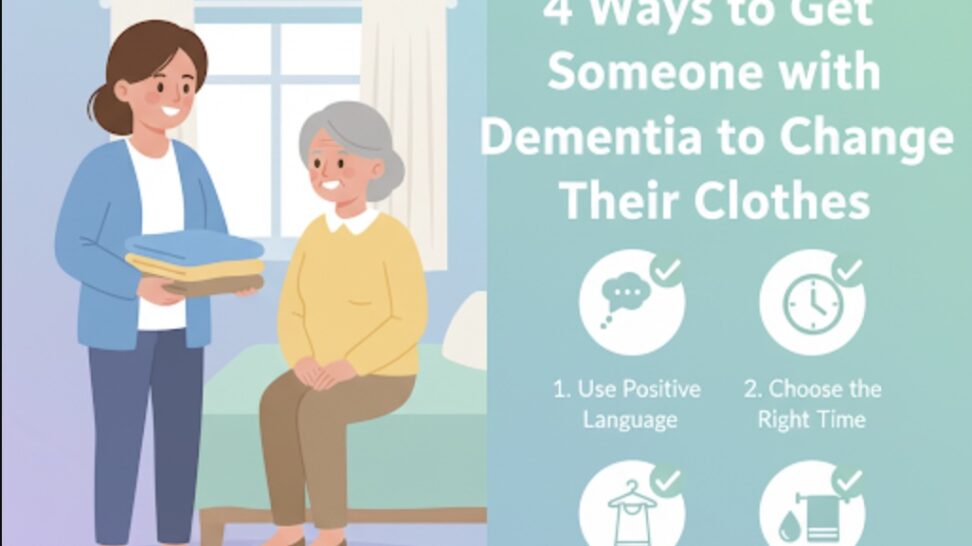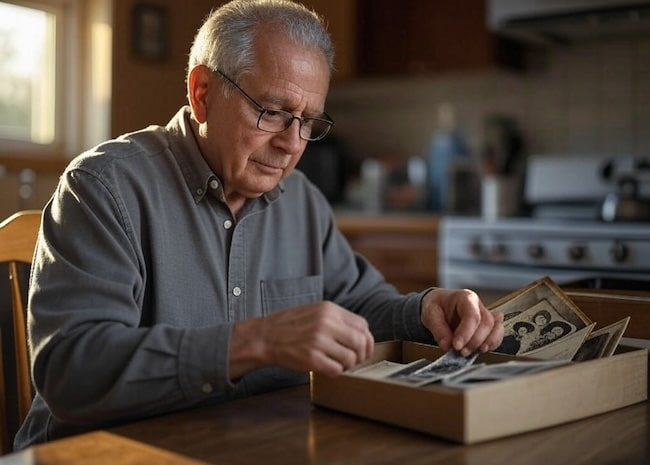Hoarding behaviors in seniors often stem from deeper issues like dementia, trauma, or anxiety, and harsh interventions can backfire.


Hoarding behaviors in seniors often stem from deeper issues like dementia, trauma, or anxiety, and harsh interventions can backfire.

When a loved one with dementia accuses you of stealing, lying, or worse, the emotional toll can be devastating, even when you know these false claims stem from the disease. These painful dementia accusations often leave caregivers feeling heartbroken, defensive, or exhausted, especially when logic and reassurance fail. In this Best of 2024 guide, we share eight expert-backed strategies to navigate these…

That moment of heart-sinking worry is all too familiar for a caregiver: Your mom can’t remember a recent conversation, or your husband gets disoriented in a familiar store. Your mind races with questions, but one looms largest – could this be dementia? Before you spiral into fear, it’s essential to know that there’s a common, simple first step doctors use to assess…

Finding the right activity for someone with dementia isn’t about filling time; it’s a powerful form of care that can reduce anxiety, spark joy, and restore a sense of purpose. But so many well-intentioned activities backfire, leading to frustration for everyone. The secret isn’t adding more stimulation; it’s shifting your entire approach from achievement-based tasks to connection-centered experiences. The following “no-fail” ideas…

Visiting a loved one with dementia can feel overwhelming when you’re unsure what to say or do, but with the right approach, your time together can be meaningful and comforting for both of you. While dementia changes many things, the need for human connection remains. In this article, we share essential rules to make your visits more positive, from conversation starters that…

Bathing can become one of the most difficult and distressing tasks in dementia care. What was once a routine act of self-care can feel like a confusing, frightening, or invasive ordeal for your loved one, leading to resistance and conflict. If you’re dreading bath time and facing daily battles, know that you are not alone—and that the solution isn’t about force, but…

Helping a loved one with dementia change clothes can be a daily challenge, as confusion, resistance, or discomfort may make the process difficult. However, with patience and the right strategies, caregivers can make dressing a smoother and less stressful experience. In this article, we’ll share four gentle and effective ways to encourage someone with dementia to change clothes while preserving their dignity…

Mirrors can be a surprising source of distress for people with dementia, often causing confusion or agitation when they no longer recognize their reflection. These reactions can be unsettling for both seniors and caregivers, but with the right strategies, you can minimize discomfort and create a calmer environment. In this article, we share 10 practical solutions to help manage mirror-related challenges—from simple adjustments…

Lewy body dementia (LBD) is the second most common type of progressive dementia, yet it remains widely misunderstood and frequently misdiagnosed. Unlike Alzheimer’s disease, LBD causes unique and often fluctuating symptoms that can confuse families and even healthcare providers. Recognizing the signs early is crucial, as this condition requires specialized care approaches. In this article, we break down the five hallmark symptoms…

Dementia rummaging behavior is common and can be challenging for caregivers. This compulsive searching or rearranging of items often stems from boredom, anxiety, or a need for comfort, but it can lead to misplaced belongings, messes, or even safety risks. Fortunately, there are practical strategies to reduce frustration and positively redirect this behavior. In this article, we share nine effective ways to…